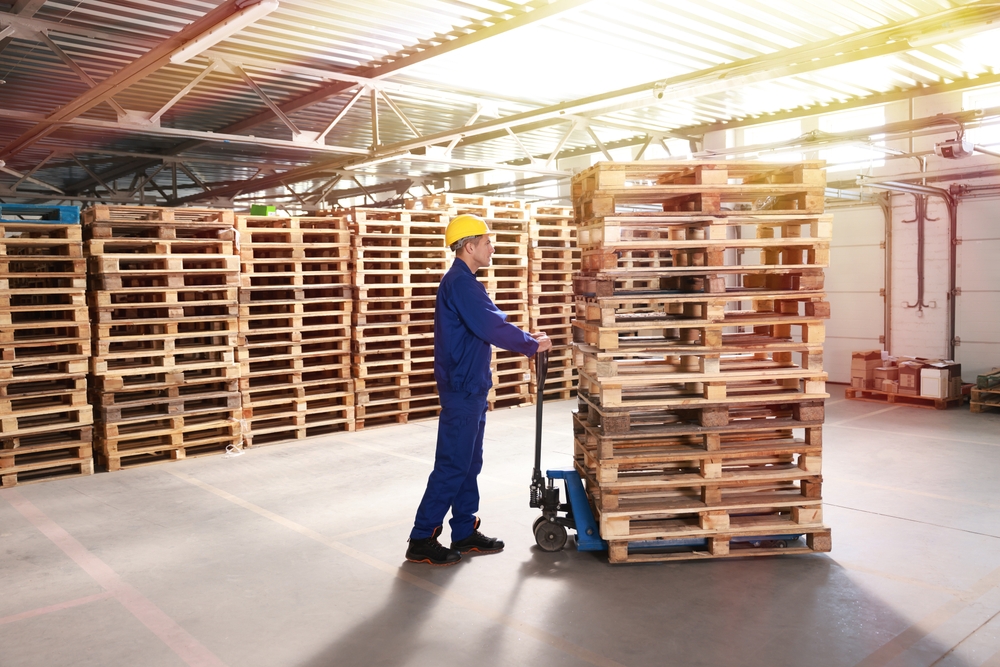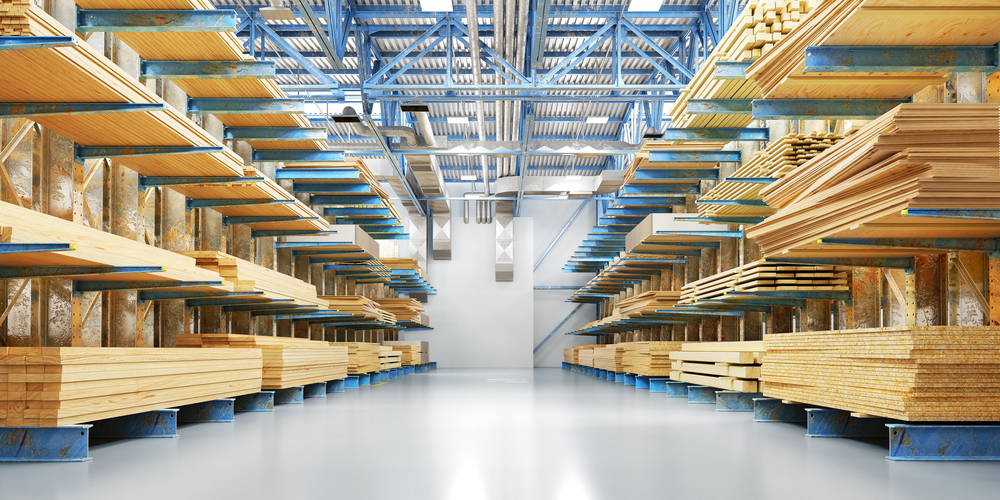It’s easy to be overwhelmed when stepping into the world of timber selection for your home improvement project. Where do you even begin? How can you ensure you’re making the right choice? And, perhaps most importantly, how can you find a timber supplier that aligns with your values around quality, sustainability, and affordability? This blog post is designed to guide you through this intricate process.
Sourcing timber is a complex affair, involving more than just choosing the most visually appealing variety. From understanding the unique characteristics of different timber types to assessing the sustainability credentials of your supplier, and then balancing all these considerations with your budget it’s like juggling a handful of vibrant, shape-shifting balls!
Dive headlong into this comprehensive guide on selecting a timber supplier that ticks all the boxes. Ideally, at the end of this analytical voyage, you will resurface equipped with knowledge that aids you in choosing timber that not only resonates with your design ideals but also falls within your budget and embodies responsible sourcing.
Understanding Your Timber Needs
Before embarking on the search for a supplier, it’s crucial to evaluate your specific timber requirements. What type of project are you undertaking? What’s the architectural style of your space? Understanding your requirements will dictate the species, size, and finish of the timber you need.
Different timber types have different attributes: hardness, durability, stability, and color. Your choice should sync well with the intended purpose. For instance, for outdoor projects like decks or pergolas, consider a naturally durable species such as jarrah or spotted gum.
Sustainability is another critical factor. Forests are an undeniably valuable asset, not just for their timber, but for the crucial role they play in our global ecosystem. Opt for timber from a supplier who sources from responsibly managed forests.

Evaluating Timber Supplier’s Credibility
The supplier’s reputation is a key indicator of their quality and reliability. Look for certifications that validate their commitment to sustainable practices. Also, look at their history of operations, customer reviews, and transparency in business dealings.
Consider a supplier’s inventory size and variety. A wider range gives you more choice. However, don’t be lured solely by the volume. An ethical supplier will be upfront about their sourcing practices and timber origins. Never underestimate the power of asking the right questions.
Balancing Quality and Price
A common dilemma in any purchase is balancing quality and price. While it’s important not to compromise on quality, especially for structural projects, it’s equally vital to ensure that the price fits within your budget.
Remember, high quality and high price don’t always correlate. Educate yourself about different timber grades and potential imperfections. A lower grade timber with a few knots may suffice your purpose without breaking the bank.
Exploring Alternative Timber Sources
There are alternative sources of timber that align themselves with sustainability and cost-effectiveness. Reclaimed or recycled timber is one such option. It serves a dual purpose: it’s eco-friendly and often has a unique, warm aesthetic that new timber lacks.
Another avenue is community wood recycling projects, which provide an affordable and environmentally friendly source of timber. These initiatives empower communities while contributing significantly to waste reduction.
The Pros and Cons of Online Timber Suppliers
The digital age brings the convenience of purchasing timber online. However, this method carries its own set of advantages and drawbacks. While it potentially offers a wider variety of choices and the ease of price comparison, the disadvantage lies in the inability to physically inspect the timber before purchase.
Conclusion
Choosing the right timber supplier involves a delicate balance of quality, sustainability, and affordability considerations. It necessitates a keen understanding of your specific needs, evaluating reputability of potential suppliers, and being open to exploring non-traditional timber sources. Understand that high quality doesn’t always equate to high price and that budget-friendly alternatives such as reclaimed wood exist.
In the grand scheme of things, your choice of timber supplier can make a significant difference not only to the success of your project but also to the well-being of our planet. Take this decision with the gravity it deserves research, educate yourself, and ask the right questions.




Join the Gossip